
History remembers the battles, but not always those who fought them. Countless minority veterans risked everything for a nation that didn’t always stand by them, their courage buried beneath decades of silence. So, let’s all have a look at the courage that history forgot. Each story in this collection will remind you why true heroism transcends recognition.
Navajo Code Talkers
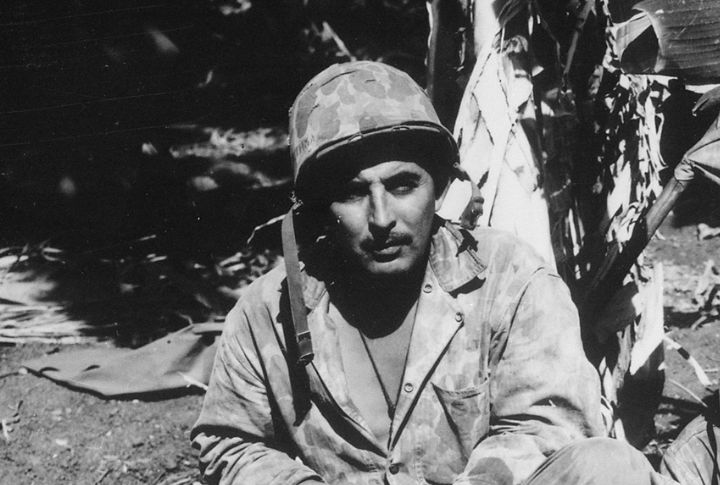
From 1942 to 1945, Navajo Code Talkers used their creative language to create an unbreakable code that helped U.S. Marines win critical battles like Iwo Jima and Guadalcanal. The code started with just 211 terms and eventually grew to 411, making it even stronger and more flexible. Sworn to secrecy, their achievement stayed classified until 1968.
442nd Regimental Combat Team
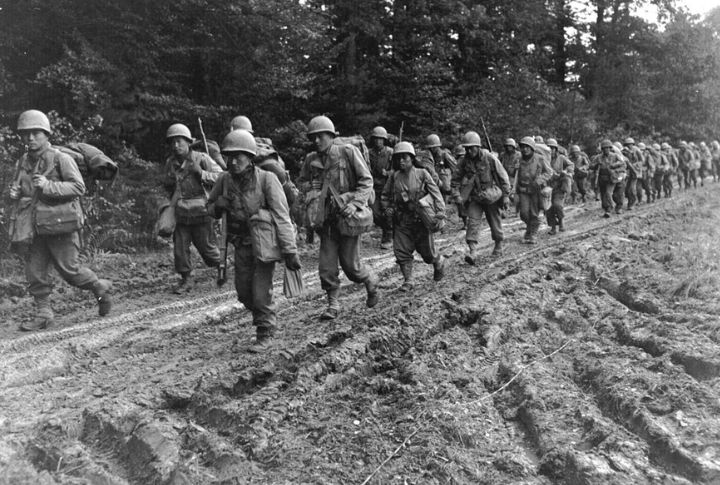
While their families were confined in internment camps, Japanese American fighters of the 442nd Regimental Combat Team fought across Europe. They rescued Texas’s “Lost Battalion” and earned 21 Medals of Honor. With over 4,000 Purple Hearts, they became the most decorated U.S. unit of their size and service length.
Black WWII Nurses
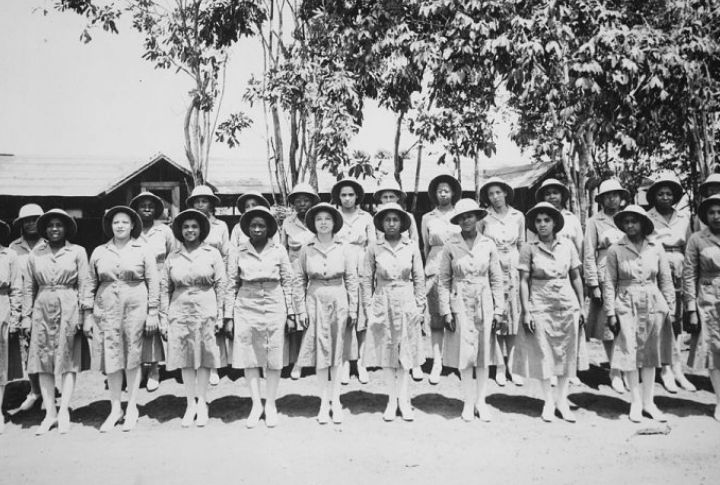
Black nurses during World War II served in racially segregated units, caring for soldiers in Africa, Burma, Australia, and England. Despite facing quotas and discrimination, they tended to German POWs while being barred from liberating concentration camp survivors. The first group to serve overseas reached England in 1944.
The Borinqueneers
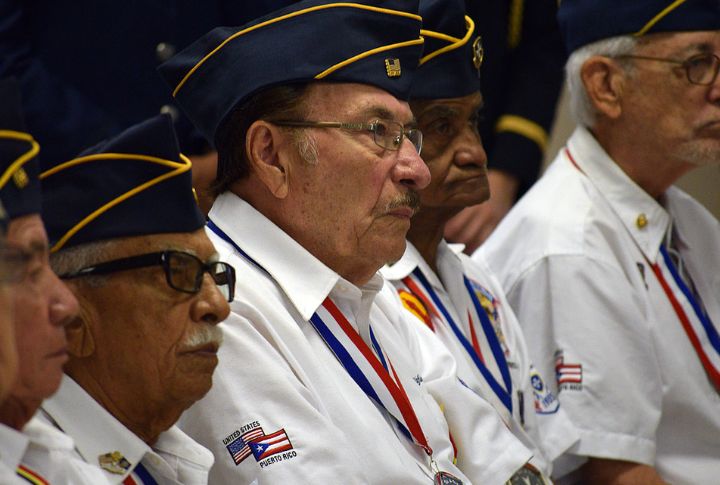
In the rugged hills of Korea, Puerto Rican soldiers of the 65th Infantry Regiment stood their ground. The last segregated Latino unit in U.S. history, they fought with fierce pride when integration was already the law. The nickname comes from “Borinquen,” Puerto Rico’s Taino name.
Filipino WWII Veterans
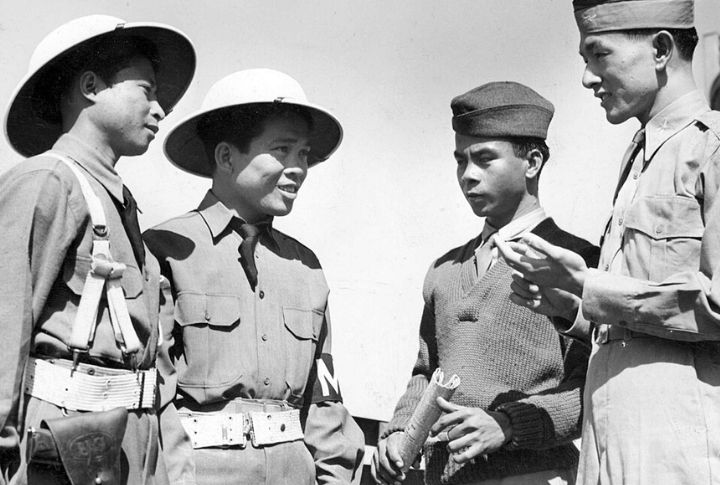
Over 260,000 Filipinos fought beside American troops during World War II. Many became guerrillas, guiding Allied forces during the Philippines’ liberation. Yet after victory, they were denied the citizenship and benefits they’d been promised. Decades later, in 2017, the U.S. Congress awarded them the Congressional Gold Medal.
Chinese American WWII Veterans
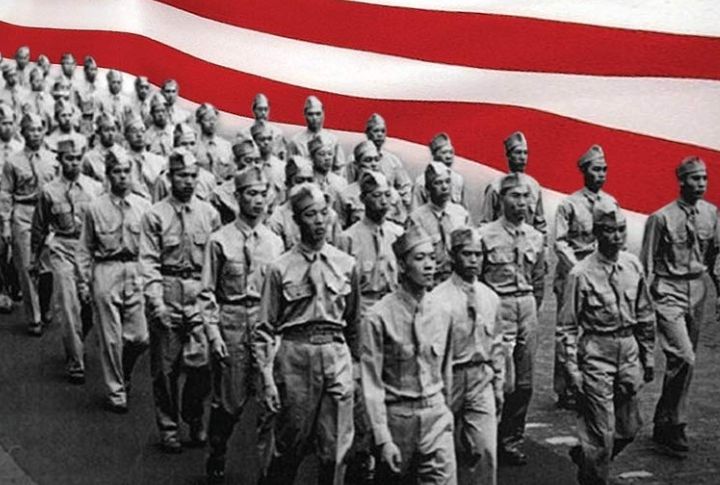
Amid discrimination and exclusionary laws, about 20,000 Chinese Americans joined the U.S. Armed Forces, nearly a quarter of the entire community. Many served as interpreters in the China-Burma-India theater, bridging the two allied nations’ communication. Their efforts helped ensure victory in Asia.
Mexican American Vietnam Veterans
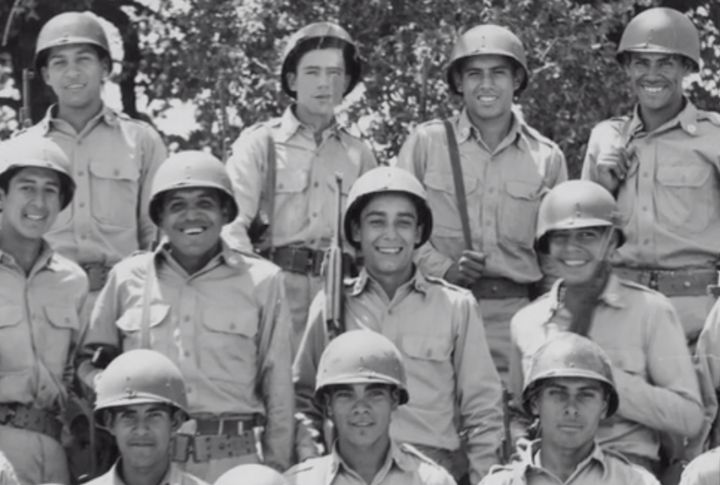
The Vietnam jungles saw countless Mexican American soldiers on the front lines. Despite staggering casualty rates, their heroism went largely unnoticed back home. Veterans later founded advocacy groups to fight for equal benefits and recognition. The struggle symbolized a broader battle for respect and remembrance in a divided America.
Native Alaskan Scouts
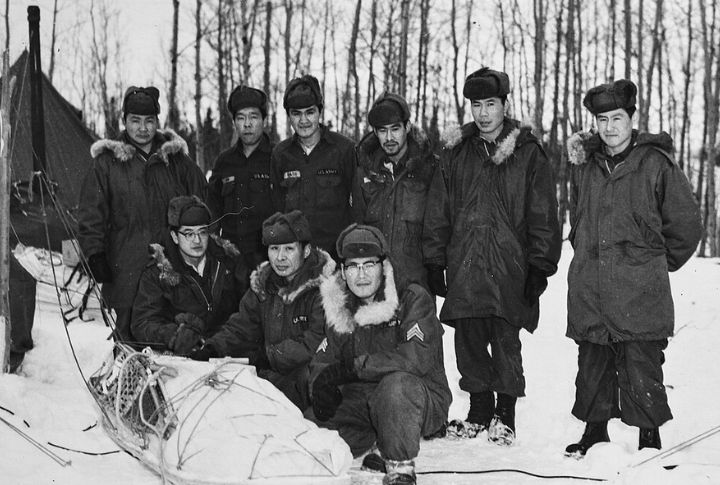
Far from the main battlefields, the Alaska Territorial Guard—nicknamed the “Eskimo Scouts”—watched the icy coastlines for signs of invasion during World War II. Men, women, and even children patrolled thousands of miles. The service remained unrecognized until 2000, when the U.S. Army finally honored their long-overlooked contributions.
Tuskegee Airmen Ground Crew
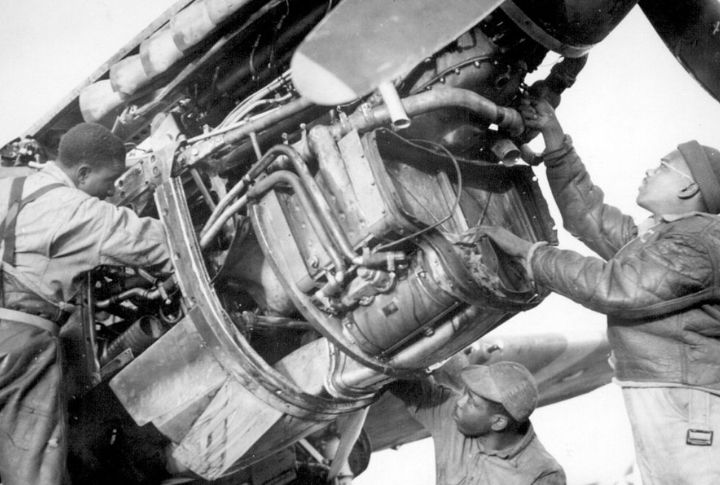
While pilots earned glory in the skies, the Tuskegee Airmen’s Ground Crew kept those planes flying. Mechanics, riggers, and technicians worked under segregation to maintain aircraft for the famed 99th Fighter Squadron. For decades overshadowed by pilots, their indispensable role is only now receiving the historical spotlight it deserves.
Montford Point Marines
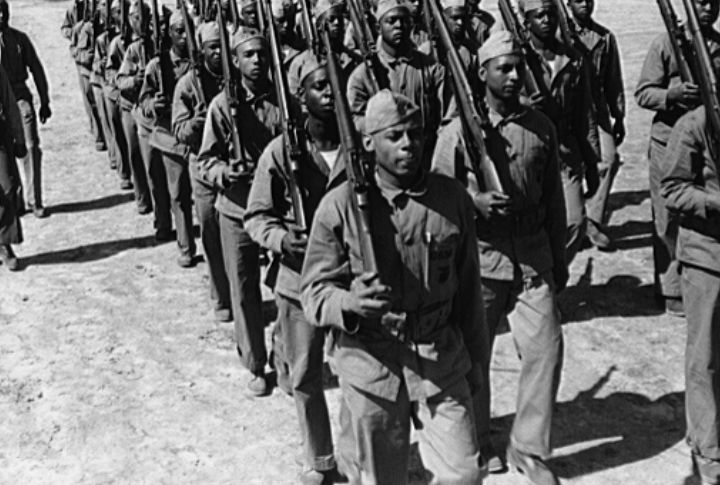
Before desegregation reached the U.S. military, over 20,000 African American men trained at Montford Point in North Carolina between 1942 and 1949. They became the first Black Marines since the Revolution, with 13,000 deployed overseas. In 2012, their long fight for acknowledgment culminated in the Congressional Gold Medal.

